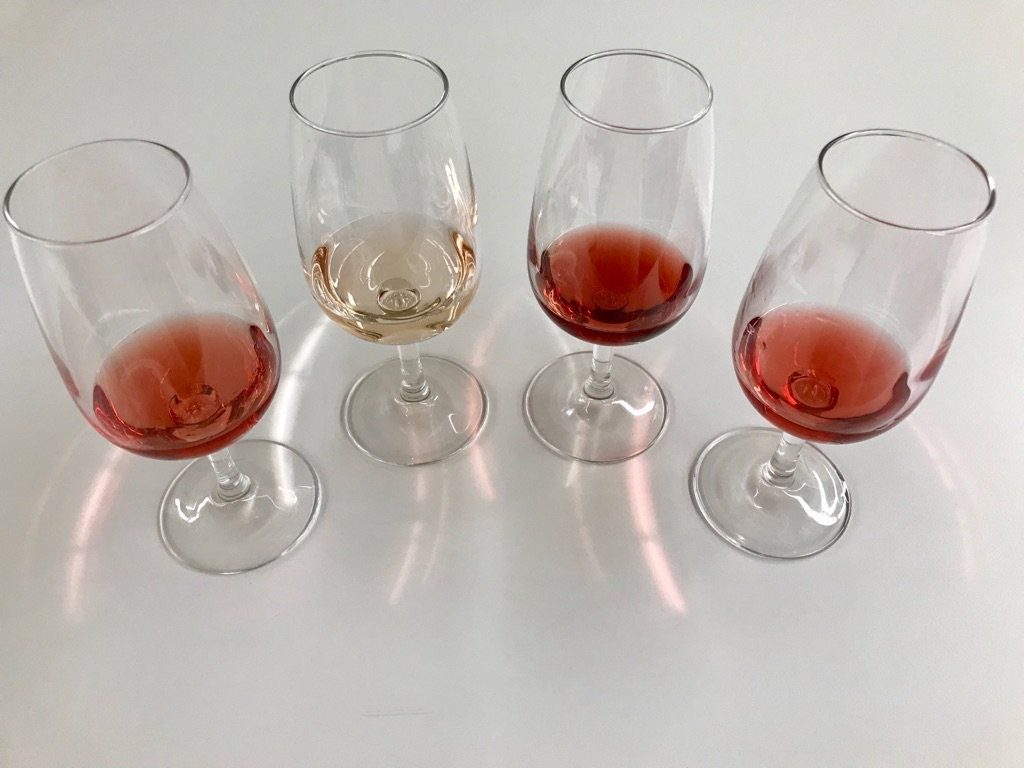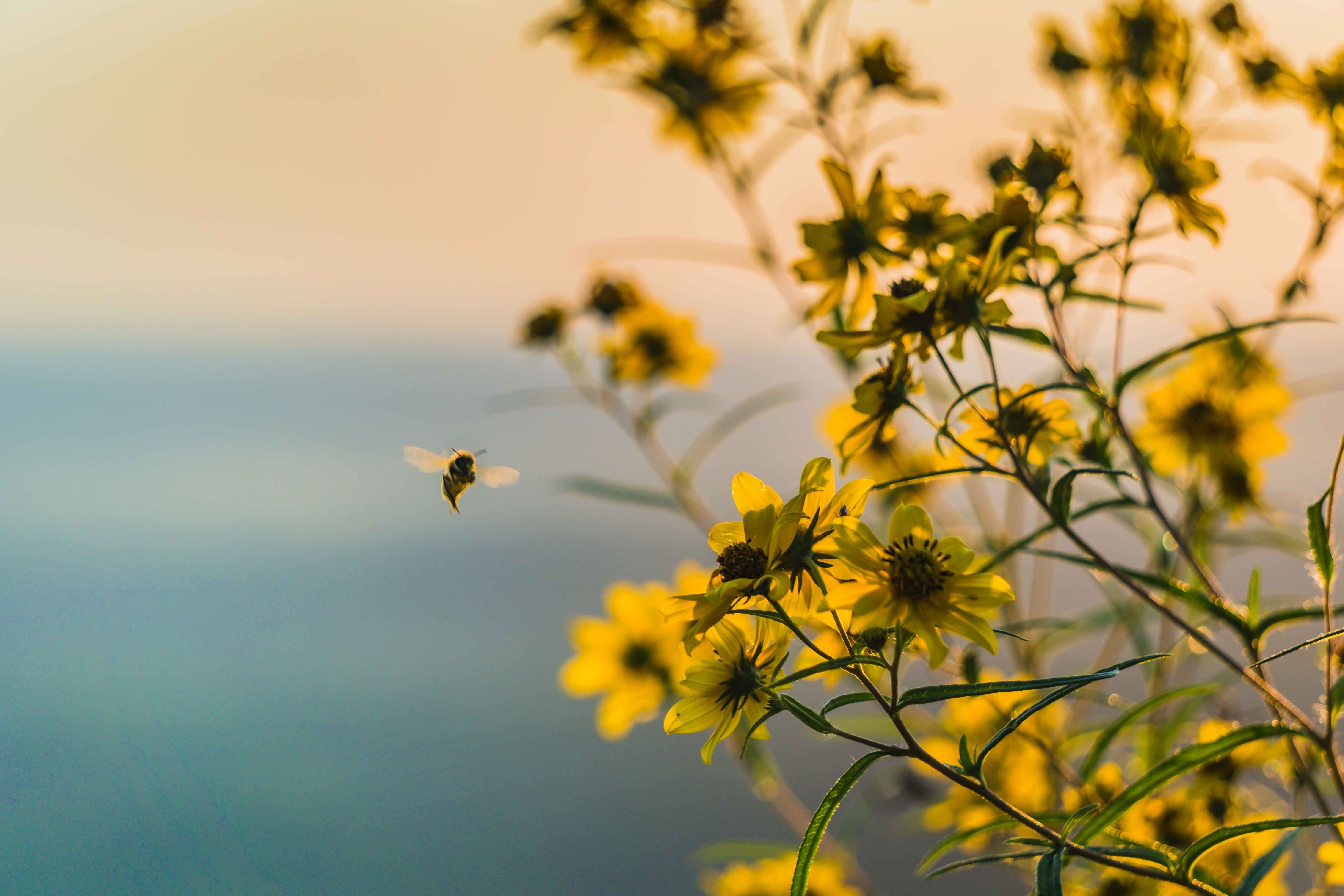In my mind, I am the type of biology major who knows they are going to medical school. I am the type of biology major who has this deep, profound interest in microbiology rather than macrobiology. I am the type of biology major who is inclined to focus upon the complex and intricate world of tiny things as opposed to the way that multicellular organisms relate to one another. I am the type to pride oneself in the ability to distinguish between the convoluted biological processes of cellular communication as compared to the somewhat indeterminate science of how organisms relate to one another. Or so, I thought.
Try as I might to ignore it, we exist in the world as it is, living, breathing, and decomposing. Though we cannot exist without our microscopic determinants – the large field is where we gain our credibility and therefore our existence. One tends to forget this, as we are focused in the academic pursuit of science and knowledge. As budding scientists, we have a tendency to focus more on smaller and smaller particles. However, science exists at all stages of complexity, whether it be the smallest stages of life, or the large, multicellular organisms that constitute the study of biology as we know it today. While it is important to understand our origins, we exist in a larger ecological picture, and we affect said environment as we move through our world each and every day.
I was first drawn toward the Bon Portage field course at the persuasion of a close friend. As BIOL 3013 counted as a full three hour a week class, an additional fall credit, and as it was apart of the biology core as a biodiversity course, what more could I ask for? All that was required of me was two weeks sacrifice of my summer, and the course enrollment fee. What I drew from the course was more than I had bargained for.
Bon Portage renewed my passion in biology, the passion that had me signing up to dedicate 100+ hours to the course load. When you are removed from the real world experience, one tends to forget the real world applications of a biologist’s actions When thinking from a purely scientific approach, it is easy to remove yourself from the natural world. However when immersed in the field, one can visibly see the interactions between our objective understandings and the living, breathing ecological world. The Bon Portage field course reminded me of the reasons why I fell in love with the scientific study of life in the first place.
Bon Portage gave me hands on experience to view biological processes that I would have only had the privilege of learning the theory of in class. Before, the idea of waking up before the sun to tag birds trapped in towering nets among the forest’s understory would have unsettled me. I could not have pictured myself stomping through worn down mossy trails hunting mycorrhizal fungi fruiting bodies and actually enjoying myself. Never would I have seen myself reaching into a dark, damp, mysterious burrow in search of a fluffy petrel chick and measuring its physical properties for population estimates. Bon Portage showed me how to be comfortable sleeping in the confines of arachnids despite my initial unrest. The island taught me how to live without taking a shower for fourteen days and still remain completely at-ease in a worn out baseball cap and a sweater that I had not changed for three days on end.
I expected myself to finish the Bon Portage field course with an additional credit to my diploma and extra time on my fall course load agenda. Instead, the Bon Portage field course taught me how to remain immersed in the field as compared to comfortable in the realm of theory. For all Acadia Biology majors looking to extend their realm of understanding, I implore you to enroll. Bon Portage not only left me with a newfound understanding of my own environment, but with a renewed context of myself in relation to my environment.





